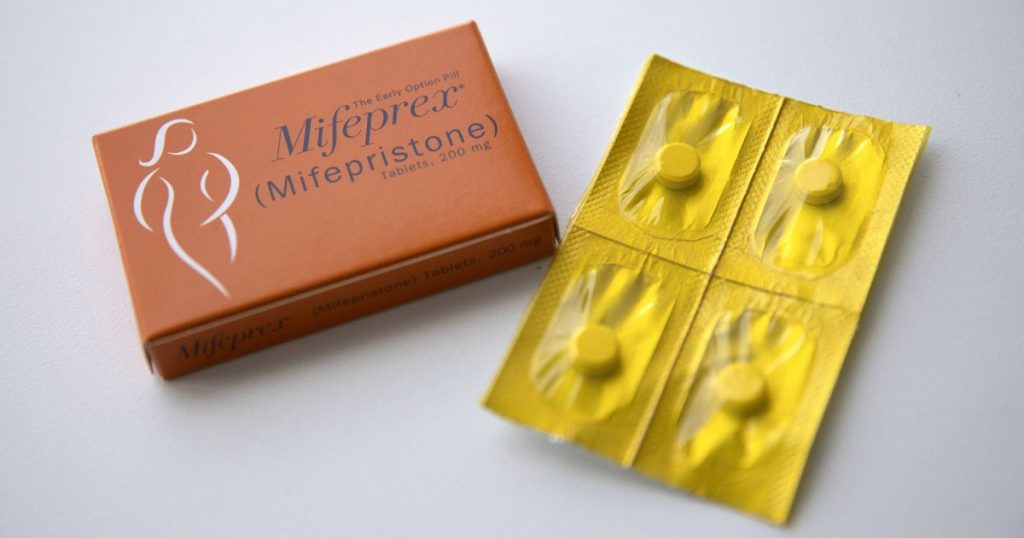The state of Louisiana recently passed a policy that categorizes abortion-inducing medications as controlled and dangerous substances, drawing support from anti-abortion advocates and concern from medical professionals and abortion-rights activists. President Joe Biden criticized the bill, linking it to Trump overturning Roe v. Wade and stating that it was a frightening time for women in America. Medical professionals have voiced opposition to the measure, emphasizing the critical uses of the medications beyond abortion care, such as aiding in labor and delivery, treating miscarriage, and preventing gastrointestinal ulcers. The policy also prohibits coerced criminal abortion by means of fraud and imposes penalties of up to 20 years if the person is more than three months into pregnancy.
The bill was brought forward by Republican state Sen. Thomas Pressly after his sister’s estranged husband put abortion medication in her drinks without her consent while she was pregnant. He emphasized the need to restrict access to these drugs to protect women and prevent bad actors from abusing them. Louisiana Right to Life, an anti-abortion organization that supported the bill, stated that it will protect women like Pressly’s sister in the future. However, Democratic State Sen. Royce Duplessis raised concerns about potential delays in care for women and the impact the recategorization could have on rural clinics’ ability to access and provide the medications to patients.
Opponents of the bill have argued that reclassifying the medications as controlled substances could lead to difficulties in storing them at certain facilities, potentially hindering access for patients. Louisiana is already a state with limited abortion access, with bans except for cases where the pregnant person’s life is at risk, “serious risk” to their health, or fetal non-viability. A legislative committee recently rejected a bill that would have added cases of rape and incest to the exceptions, further restricting abortion access in the state. Doctors and reproductive rights advocates have expressed alarm at the law, as Louisiana becomes the only state to categorize these medications as controlled dangerous substances.
Critics of the policy emphasize that the abortion-inducing medications are safe and effective, with numerous medical uses beyond terminating pregnancies. Emergency medicine physician Dr. Jennifer Avegno highlighted the importance of these drugs in facilitating safe childbirth, managing miscarriages, and other medical purposes. She stated that categorizing the medications as controlled substances was not based on sound medical science and could potentially harm patients by limiting access. State Sen. Duplessis also raised concerns about the lack of proper vetting with the healthcare community and the potential negative impact on maternal health outcomes in Louisiana.
The debate over the abortion medication policy in Louisiana has underscored the ongoing tensions between anti-abortion advocates, medical professionals, and abortion-rights activists. While supporters of the bill argue that it will protect women and prevent misuse of the drugs, opponents raise concerns about access to essential healthcare services and the potential effects on women’s health outcomes in the state. As the only state to categorize these medications as controlled substances, Louisiana’s policy has attracted national attention and sparked a larger conversation about reproductive rights, healthcare access, and the intersection of politics and medicine.


